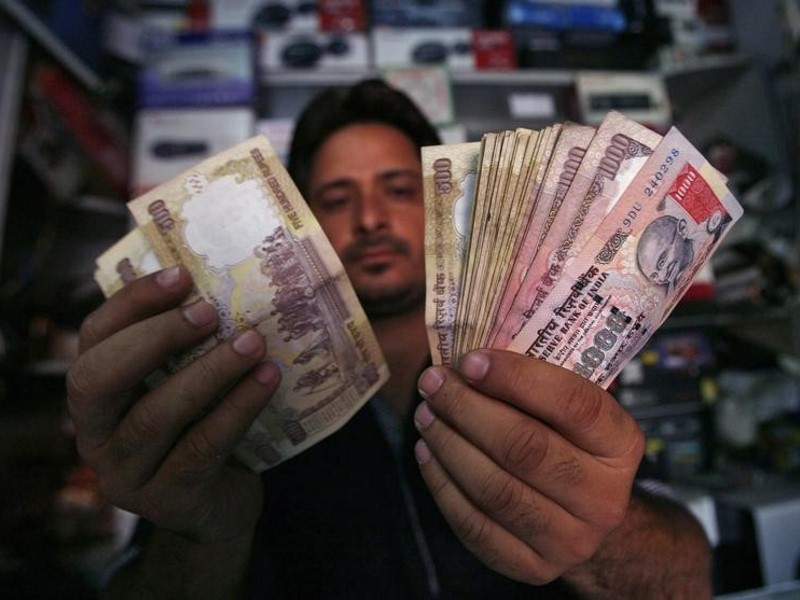
Alleging violations of new FDI policy by major online marketplaces, traders body CAIT has demanded that government should fix the loopholes and provide a level-playing field to small retailers.
Opposing the policy permitting 100 per cent FDI in online marketplaces, CAIT Secretary General Praveen Khandelwal said the government circular has no clear definition of a group company.
“At times the Companies Act definition of Group Co is used. I believe with such definition entities like Cloudtail, which is a JV between Narayana Murthy’s investment Co and Amazon, is not group company of Amazon (this co sells more than 40 percent of Amazon India sales).
“Cloudtail actually is a listed Retailer on Amazon having investment of Amazon and keeps inventory still with some convuluted logic can carry on retail,” he alleged.
(Also see: ’25 Percent Cap on Online Marketplaces to End Monopoly of Few Vendors’)
According to the DIPP Circular, online marketplaces are barred from inventory-based model and sales of a single retailer or a group company cannot exceed 25 percent of total sales of the e-commerce company.
“For all practical purposes, Amazon is controlling its operations and Murthy is only a name lender and still there is no restriction on operation of Cloudtail. Similarly, Flipkart has its own nominee like WS Retail,” he alleged.
Khandelwal further said that the DIPP Circular says that there would be no influence on pricing by e-commerce firm.
“However, currently the marketplace companies reimburse the discounts as marketing support. There is no way this route is blocked,” he alleged.
“The most important part of the notification is that while DIPP makes rules there is no authority to check whether any violations are taking place. Or there is no forum to which a small Retailer can complain,” he said.
Around 10,000 traders across the country have gathered here for a two-day conclave to oppose the FDIpolicy.
Khandelwal said government should provide a level-playing field to small traders who are contributing over 40 percent of the GDP and providing employment to six crore people.
“E-commerce firms are funded through private equity fund or venture capitalist, which are interest free or by plain funds, which has 0.7 to 3 percent interest rate while the traders get at 12 percent,” he said.
He also said that the policy “has been brought by the government without having any impact assessment and talking to the stakeholders of the sector”.
Trade in around 24 segments has been hit by up to 40 percent from deep discounting by on line firms, he said.
“When FDI in e-commerce was not permitted then segments as mobile phones, consumer electronics, gift items, luggage, crockery, toys has been hit by up to 40 percent and now when 100 percent FDI is allowed then we would not be able to compete with them,” Khandelwal said.
“We are demanding for a rollback of the government’s new policy of e-commerce allowing 100 percent FDI (in marketplace format),” he added.
Download the Gadgets 360 app for Android and iOS to stay up to date with the latest tech news, product reviews, and exclusive deals on the popular mobiles.



